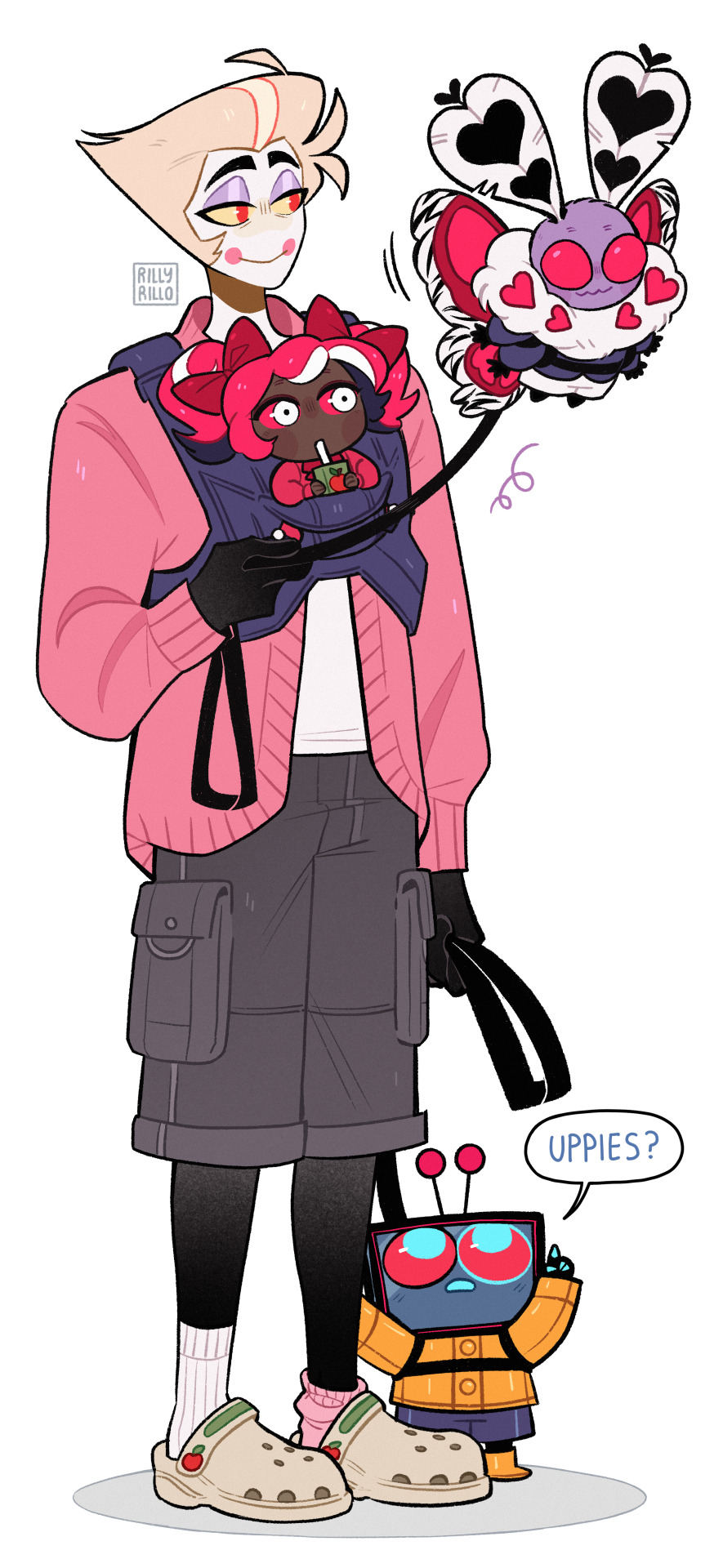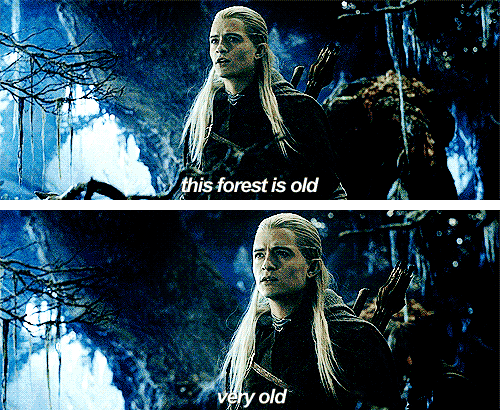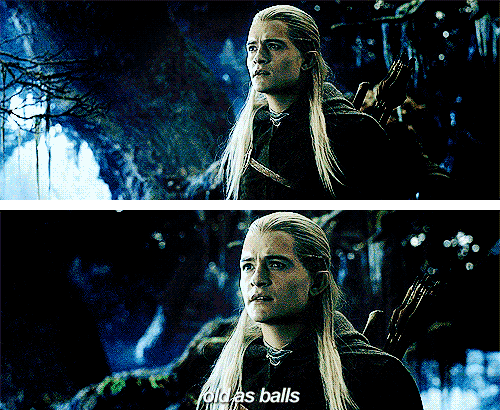Don't wanna be here? Send us removal request.
Text








Help a queer disabled artist afford car tabs?
The link to my Etsy shop is below. Thank you so much and happy pride!!!
https://crowandrabbitcrafts.etsy.com
#pride#pride month#disabled and queer#queer and disabled#queer#disabled#disabled community#disabled artist#queer artist#queer community#fanart#Nintendo fanart#pokemon fanart#game boy fanart#kawaii#soot sprite#studio ghibli#studio ghibli fanart
2 notes
·
View notes
Text
Help a disabled artist afford car tabs?
Here’s some photos of my current, available paintings in my Etsy shop linked below.








https://crowandrabbitcrafts.etsy.com
#disabled and queer#disabled#disabled artist#artist#disability#disabilities#disabled community#queer artist#queer#queer community#studio ghibli#soot sprite#konpeito#cute#cute aesthetic#Nintendo#GameBoy#gameboy color#pokemon#togepi#drifloon#lunatone#solrock#kirby#kirby series#kirby fanart#kirby of the stars
8 notes
·
View notes
Text
Help a disabled artist afford car tabs?
This my latest painting. It’s a 9x12 and is $15. There’s other paintings in my shop as well if you’re interested.

#disabled#disabled artist#disabled and queer#queer artist#soot sprite#studio ghibli#studio ghibli fanart#fanart#cute#kawaii#disabled community#community support#konpeito#pastel
3 notes
·
View notes
Text
Still trying to raise funds for my car tabs. I need to raise $100 more dollars. I’ve been working on paintings to sell.
My shop is linked below. There’s a few other items in there if you like stickers or punch needle embroidery.
Even just engaging and sharing is appreciated to help spread the word. It’s hard being disabled and needing a car. Having limits on what I can earn makes it frustrating, but I appreciate all the help. 🙏
#disability#disabled#disabled artist#disabled community#community#community support#fanart#pokemon#Kirby#GameBoy#Nintendo#embroidery#stickers#art#cute#aesthetic#gaming#gaming art
1 note
·
View note
Text
Working on a 9x12.
I’m trying to raise funds to afford my car tabs this month. I’m disabled so I’m unable to find a part time job that meets the restrictions I’m under.
I also drive a hybrid and in my state, we’re charged an extra $75. Because why not. Idk. Anyway, engagement is always appreciated if nothing in my shop seems like something you’d like. Thank you so much 🙏
#disabled artist#disabled#disabled and queer#disabled community#community support#community#Kirby#GameBoy#painting#fanart#cute#kawaii#pastels#pink#aesthetic
2 notes
·
View notes
Text
Please help my best friend
She is disabled and on oxygen, but her oxygen machine is so loud it’s disturbing her every moment. She can’t do deprivation therapy for her condition because of it and it makes sleep next to impossible. Even if you only have a dollar, it means the world to us.
I don’t know how many years I have left with her. I gave what I had to give. I just don’t want her to suffer more than her condition is making her..
https://chuffed.org/project/131792-help-denise-get-an-oxygen-machine
#disabled#disability#oxygen machine#oxygen#please help#medical needs#medical support#medical supplies#medical fundraiser
1 note
·
View note
Text
Please help my best friend get a new oxygen machine 🙏
0 notes
Text
Reading as an act of resistance and personal liberation

Why Women Read More Than Men
In the quiet corners of libraries, the cozy nooks of bookstores, and the intimate spaces of book clubs, a pattern emerges—women are reading more than men. This isn't merely a statistical observation; it's a cultural phenomenon that invites exploration.
Let’s start with the basic observation that women read more than men.¹ Not a little more. A lot more. The numbers are consistent across age, nationality, and genre. Women dominate the fiction market, read more books per year, and tend to be more deeply engaged in reading communities.
The usual explanations are familiar: girls are encouraged to express themselves, men are taught to perform, not reflect. Boys read less as teens because reading is wrongly seen as passive, even feminine. Women turn to books for companionship, solace, escape. Stereotypes.
As an explanation, this doesn’t go far enough. It fails to ask what is truly radical about reading—and what women, especially under patriarchy, are doing when they read.
Because reading is not just consumption or escapism or a girlie pursuit. It is transformation. It is the quiet act of turning inward and building a world within you that is no longer subject to the external systems of control. It is the practice of interior freedom, and interior freedom is the root of all other freedom. Especially when you live in a world that tells you your body, your thoughts, your story do not belong to you.
The Early Pages: Socialisation and Childhood
From a young age, girls are often encouraged to engage in activities that are introspective and nurturing. Reading, with its demands for empathy and patience, aligns seamlessly with these societal expectations. Boys, conversely, are frequently steered toward action-oriented pursuits, where physicality is celebrated over contemplation. The steering drives the outcome.
Studies indicate that fathers are less likely to read to their sons compared to their daughters, potentially influencing reading habits from an early age.² This early divergence sets the stage for lifelong patterns in reading behaviour.
Many women know what it means to live their whole lives being watched. Judged. Interpreted. Misread. The world is full of stories told about them. Reading is a refusal. A retreat. But also a return to selfhood. In the pages of a book, you are not an object. And your choice of book to read is also a choice of a personal narrative.
This is why reading is so often a lifeline for those whose lives are most marginalized. Not just women. For queer and trans people. For sex workers. For children of immigrants. For anyone who has ever been made to feel that their interior life doesn’t matter, that only their utility or submission does.
Not only is reading in this sense a form of escape, but it is also through that act, a form of sedition. When we are "othered" by society, but choose to read about and escape into a world where we have agency, equality and experience beauty we are rebelling, for the reading is a form of writing ourselves into a different world, and that is a radical act of reclamation.
Genres and Gender: The Mirror of Representation
Literature serves as both a mirror and a window—reflecting our own experiences and offering glimpses into the lives of others'. Genres like romance, young adult fiction, and women's fiction often center on emotional journeys and interpersonal relationships, themes that resonate deeply with many women.³ These genres not only reflect women's experiences but also validate them, creating a feedback loop that encourages continued engagement.
Men, on the other hand, are often drawn to genres that emphasize action, logic, or factual information, such as science fiction, history, or biographies.⁴ While these genres offer their own merits, they may not provide the same emotional resonance that draws many women to fiction.
I have met many sex workers who read voraciously. Who carry novels in their handbags to appointments. Who underline lines of poetry in downtime between clients. Who devour memoirs and theory, chasing sparks which illuminate, distract, inspire, and feel. Their reading is an act of rebellion. A way of saying: my mind is mine. My inner world is mine. I will not be reduced.
This is why women read more. Not because we are biologically inclined to it, or culturally pressured into passivity—but because for many women, reading is the most accessible form of self-creation we are allowed. It is one of the few forms of solitude, reflection, and subjectivity that we are not punished for. At least not openly.
Societal Expectations and the Value of Reading
Reading is often perceived as a passive activity, one that requires stillness and introspection. Societal norms have historically associated these traits with femininity, potentially discouraging men from embracing reading as a valued pastime.⁵ This perception is further compounded by the lack of male representation in literary spaces, from book clubs to author demographics, reinforcing the notion that reading is a female domain. This is not a lack driven by exclusion but by choice.
Women may view reading as a means of personal growth and emotional exploration, aligning with societal expectations for women to be emotionally attuned and communicative. Men, conversely, may not receive the same encouragement to explore their inner worlds through literature.
Reading, for women, is not a hobby. It is a survival strategy. It is a political act. And it is, perhaps most beautifully, a quiet reclaiming of space inside a world that so often tries to crowd them out of their own minds.
The Communal Aspect: Reading as Connection
For many women, reading extends beyond the solitary act; it's a communal experience. Book clubs, online reading communities, and social media platforms provide spaces for women to discuss, dissect, and delight in literature together.⁶ This communal aspect reinforces reading as a shared and valued activity.
Men may not have the same access to or interest in these communal reading experiences, potentially limiting their engagement with literature. The lack of male-focused reading communities may contribute to the perception of reading as an isolated or less socially rewarding activity for men.
Implications and Reflections
The disparity in reading habits between men and women has broader implications for empathy, communication, and societal understanding. Literature fosters empathy by allowing readers to inhabit perspectives different from their own.⁷ If men are reading less, particularly fiction, they may miss opportunities to develop deeper emotional insights and connections.
Encouraging reading among men isn't about enforcing conformity but about expanding horizons. By embracing literature, men can access a richer tapestry of human experience, enhancing their capacity for empathy and self-reflection.
A Feminist Future: When Women Read More
What happens in a society where women consistently read more? What happens when we shift from a physical economy to a knowledge economy—and reading becomes a proxy for competence, insight, and leadership? What happens when wisdom is no longer handed down through male-dominated institutions, but gifted, little by little, through the intimate ritual of a read book?
Over a lifetime, and little by little across the population, women accumulate intellectual capital at a rate that leaves many men behind. What kind of cultural and economic transformation does this precipitate? Women become more fluent in the languages of literature, emotion, ethics, and power. They become more employable, more adaptable, more empathetic.⁸ They know how to sit with complexity. They know how to learn.
We are living through a quiet revolution. The bookshelf, not the boardroom, is where power is shifting.⁹ And the results are everywhere—in the increasing prominence of women in journalism, in the literary arts, in education, in social movements. Women have not only kept reading; they have become the keepers of collective insight.
So we must ask: what happens to men in a world where women have read more? Where women are better informed, more articulate, and more psychologically and culturally literate? Do men adapt—or do they retreat into reaction? Do they read—or do they resent? Is the political backlash we are living through with the lurch towards a reactionary right and authoritarianism a reflection of this? Has the beast awoken from its slumber suddenly aware that women are more numerous, more capable, and prepared to own themselves?
Let's ask these questions. It may pay to know the past to avoid making the same mistakes, but it also helps to know the present, so that we know how to guide the future. Because the future is being written—and women are reading it first.
Endnotes
Pew Research Center. “Who Doesn’t Read Books in America?” Pew Research Center, September 1, 2016. https://www.pewresearch.org/fact-tank/2016/09/01/who-doesnt-read-books-in-america/.
Deloitte Insights. “The Gender Gap in Reading.” Deloitte, December 1, 2021. https://www2.deloitte.com/us/en/insights/industry/technology/technology-media-and-telecom-predictions/2022/gender-gap-in-reading.html.
Damyanti Biswas. “Why Are Women Reading More Than Men?” Damyanti Writes, May 16, 2024. https://damyantiwrites.com/reading-more/.
Nada Shawky. “Why Women Read More Than Men.” Medium, July 29, 2023. https://medium.com/@nada.mo.shawky/why-women-read-more-than-men-1b807f7cb995.
Boston.com. “Why Do Women Read More Fiction Than Men?” Boston.com Book Club, March 27, 2025. https://www.boston.com/community/book-club/2025/03/27/why-do-women-read-more-fiction-than-men/.
National Endowment for the Arts. “The Men-Women Split in Reading Is Real—and Persists Amid Historical Rate Declines.” NEA Arts Blog, March 2025. https://www.arts.gov/stories/blog/2025/men-women-split-reading-real-and-persists-amid-historical-rate-declines.
Hadley Freeman. “As a Middle-Aged Man, I Would've Saved Loads on Therapy If I'd Read Baby-Sitters Club Books as a Kid.” The Guardian, October 18, 2024. https://www.theguardian.com/commentisfree/2024/oct/18/as-a-middle-aged-man-i-wouldve-saved-loads-on-therapy-if-id-read-baby-sitters-club-books-as-a-kid.
James Marriott. “Men Need to See That Novels Aren’t for Losers.” The Times, August 2024. https://www.thetimes.co.uk/article/men-need-to-see-novels-not-for-losers-2wz8v0v75.
Anthony Lane. “Turning the Page.” The New Yorker, October 15, 2012. https://www.newyorker.com/magazine/2012/10/15/turning-the-page.
Maryanne Wolf. Reader, Come Home: The Reading Brain in a Digital World. New York: Harper, 2018.
bell hooks. Teaching to Transgress: Education as the Practice of Freedom. New York: Routledge, 1994.
Silvia Federici. Caliban and the Witch: Women, the Body and Primitive Accumulation. Brooklyn: Autonomedia, 2004.
Virginia Woolf. A Room of One’s Own. London: Hogarth Press, 1929.
Source: Reading as an act of resistance and personal liberation
104 notes
·
View notes
Text
Not all fandoms are for kids/teens.
Yall need to stfu about Hazbin Hotel and Helluva Boss.
Most of the time yall don’t understand the nuances- because you’re literal children. And you’re not meant to. Find a fandom comprehensive to your age.
And yeah. Speaking from experience, especially since there’s always a percentage of creeps in any space, but it’s worse in adult spaces where you, a teenager, DO NOT belong. You’re gonna run into someone that’s gonna harm you. Happens more often than not.
Also, I’m fucking tired of seeing teenagers cosplaying prostitutes and porn stars.
Argue all you want, you’re just proving my point with the fact you’re not mature or old enough for adult spaces and you shouldn’t be in them. Period.
Anyone angered by this can shit a pile ❤️
2 notes
·
View notes











